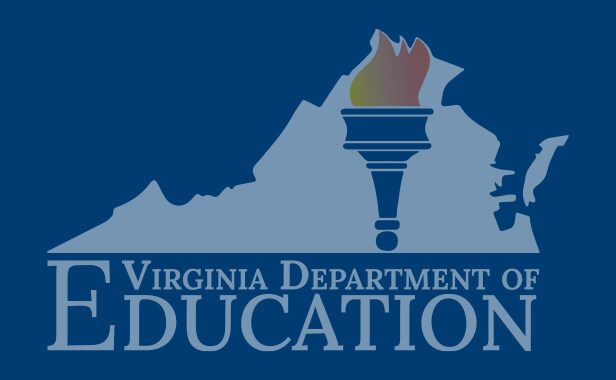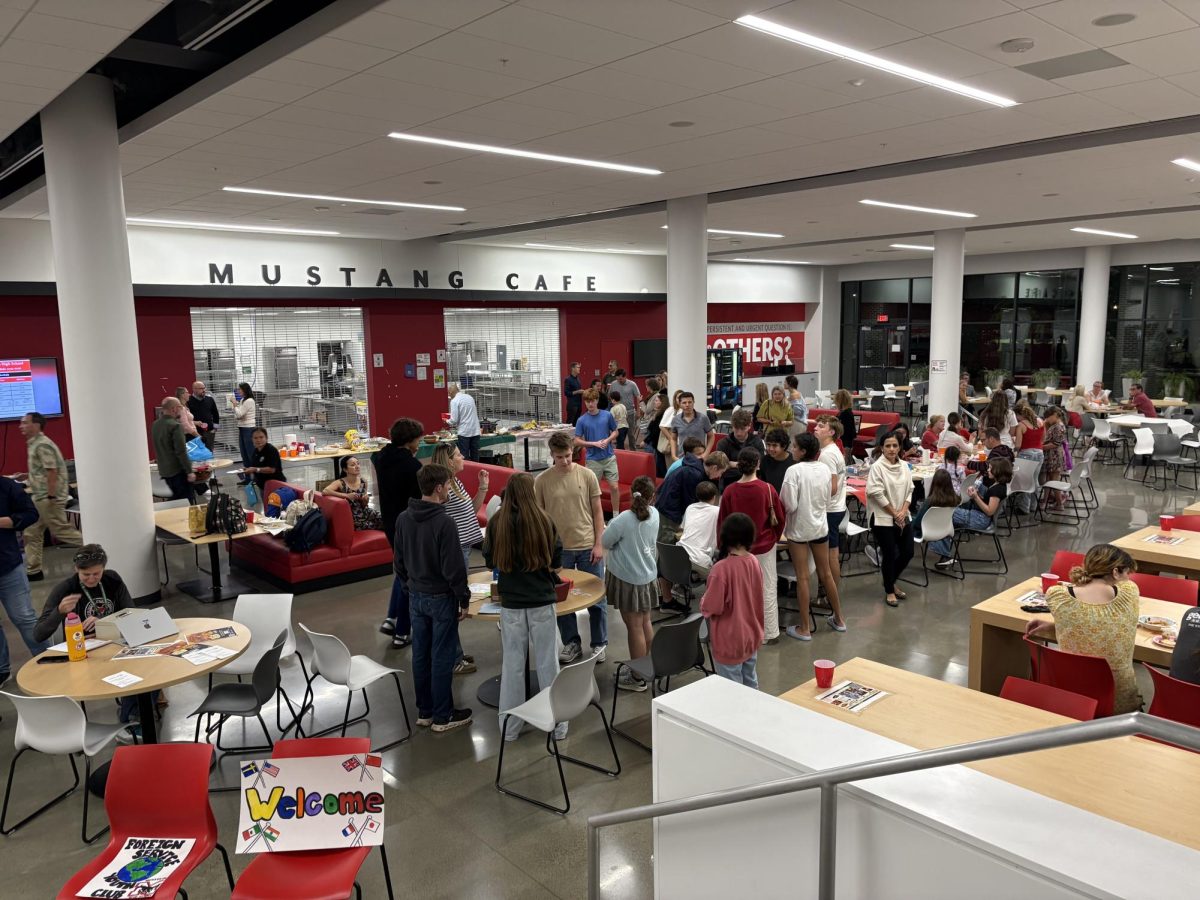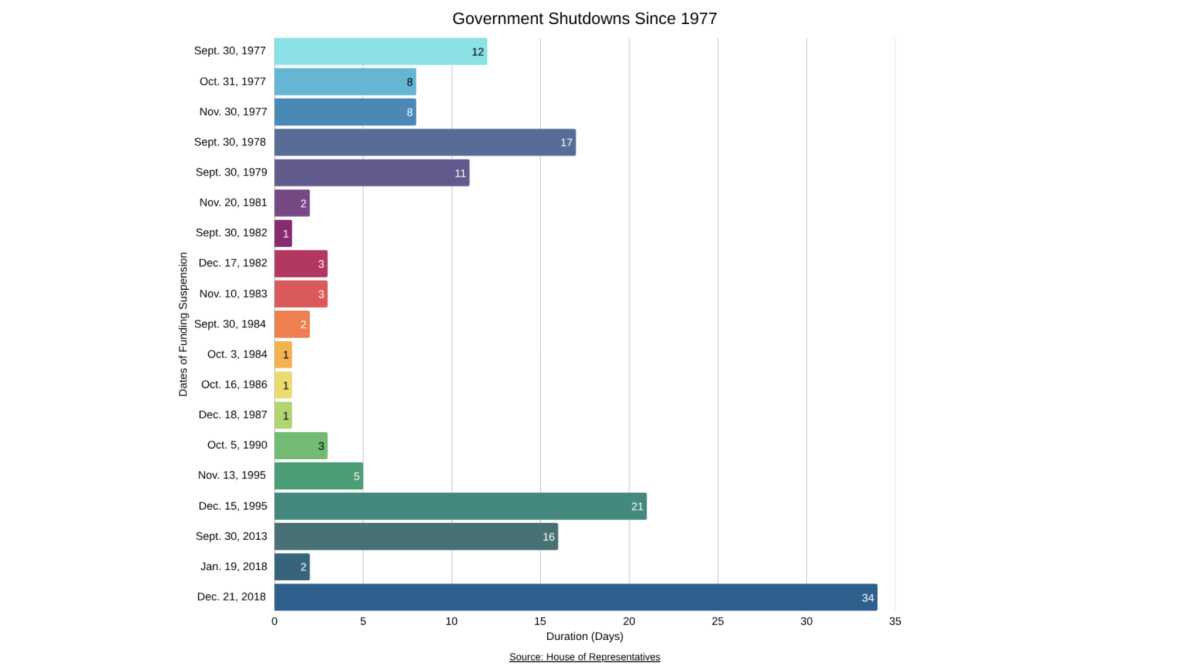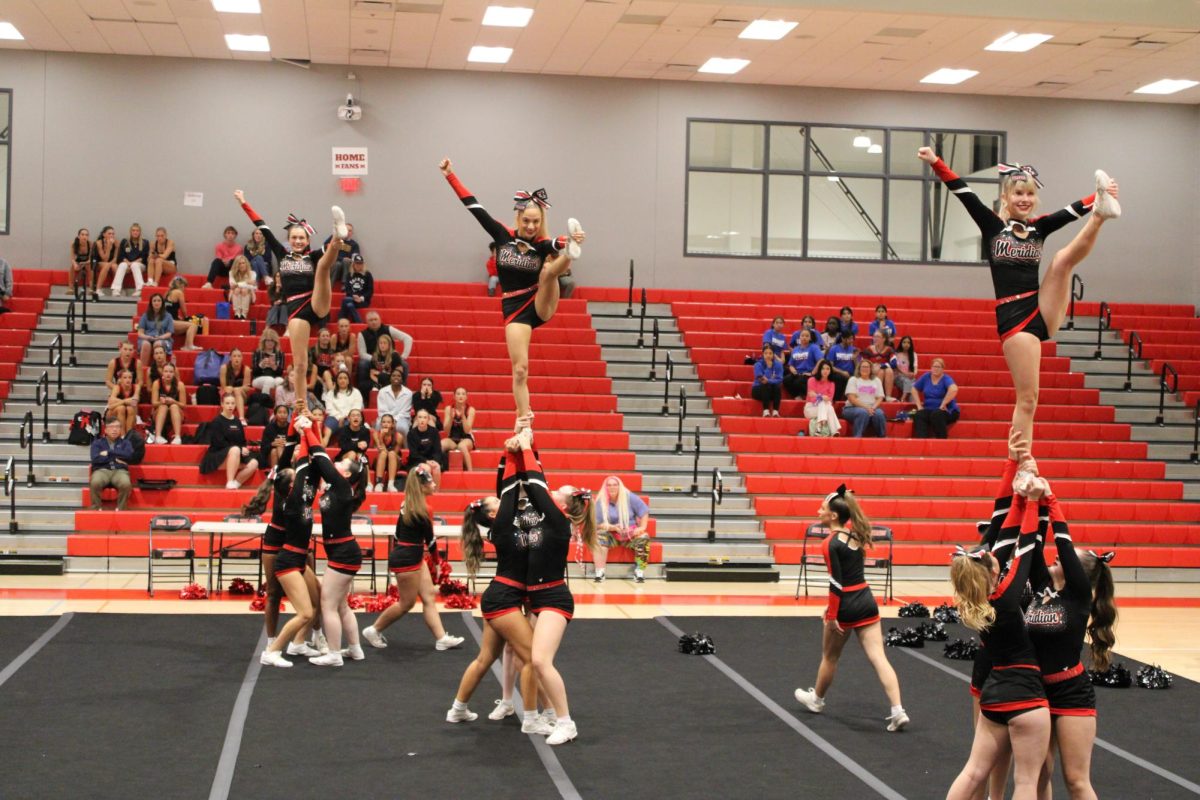Recently, members of the Meridian administration have been taking time out of their day to examine teachers during their lessons. In doing so, they hope to ascertain staff members’ ability, classroom environment, and methods as a teacher. However, not all teachers are being observed, as only teachers who meet certain criteria are inspected.
A teacher’s first three years of employment in FCCPS is on a probationary basis, with two formal, in-depth observations lasting forty-five minutes, and three informal, cursory observations lasting fifteen minutes over the course of that period. This period also involves a goal-setting meeting to provide a framework for that teacher’s expectations, as well as to foster improvement. After the end of the probationary period, formal observations only take place every 3 years.
Thankfully, teachers believe that the observations do not disrupt class.
“I don’t see a change for the students. And I think most teachers simply continue to teach as normal. For the most part, you’re supposed to just continue what you’re doing,” Language and Literature teacher Cynthia Thrush said.
The Virginia Department of Education requires teachers to be observed along 8 performance standards for the analysis of their teaching. These standards include professionalism, knowledge, instructional delivery, and student academic progress.
In order for a public school to be accredited in Virginia, it must follow the guidelines provided by the Virginia Department of Education, which includes the teacher observation process. Administrators are handling these duties through a variety of unique strategies.
“I always talk to the student and say: what are you learning, and why? Most of the time, kids can answer, but do they have an idea of why they’re being taught that? When there’s a good reason, you’re more likely to actually attempt to learn and not just go through the motions,” said Associate Principal David Serensits.
Teachers have also expressed positive sentiments about the observation program, citing its ability to ascertain flaws in the classroom experience.
“If there was something that a teacher wasn’t noticing that was happening in the classroom, or if the lesson wasn’t really reaching a certain group of students… the administrator could notice that, and then afterwards help the teacher brainstorm ways to more fully engage the class and make the lesson more fun and effective for all,” Ms. Thrush said.










